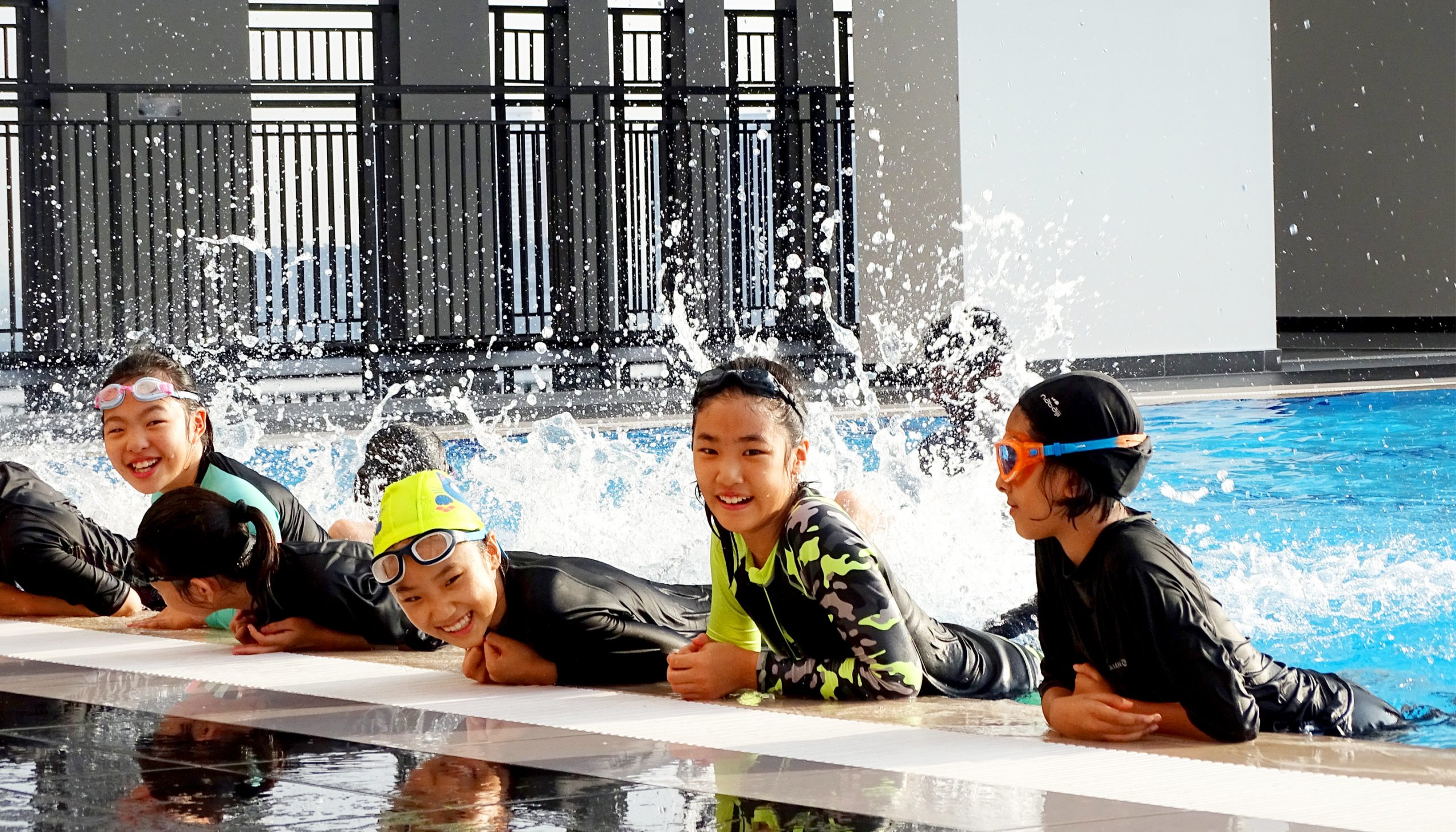
A growth mindset is a belief that your abilities can be developed through dedication and hard work—just like a muscle––the more you use it, the stronger it gets.
Those who possess a growth mindset believe that basic qualities are things you can cultivate through effort. Although people may differ in every way — in their initial talents and aptitudes, interests, or temperaments — everyone can change and grow through application and experience.
This enables them to experience and perceive challenges as opportunities for learning rather than threats to their self-worth.

Growth mindset vs fixed mindset
By adopting a growth mindset, individuals can cope more effectively with stressors in their lives.. They believe they have control over how well they perform and feel responsible for improving their performance by investing effort into learning new skills. The emphasis on effort also encourages individuals to keep trying even when things get tough because they know that practice will help them reach their goals eventually.
On the contrary, individuals with a fixed mindset tend to believe their abilities are predetermined and cannot be changed, so they do not take ownership of their mistakes or failures. This can lead them to give up too quickly when faced with obstacles, which prevents them from learning new skills that could open windows of opportunities for them.
The difference between these two mindsets is crucial for success in life — and it is something that parents can help their children develop from an early age.

How to help your child develop a growth mindset
There are several ways you can help your child develop a growth mindset:
Introduce new experiences – Encourage your child to try new things, such as a sport or an instrument. By exposing children to new experiences, they are more likely to adopt a growth mindset because they understand that abilities can be developed and changed with practice and effort. This can help them overcome their fear of failure, which is often a barrier to learning new skills.
Praise effort, not intelligence – When your child does well on an assignment or test, don’t praise the outcome. Instead, focus on the effort they put into it. This will encourage them to try harder next time and put in more effort because they know that by doing so, they can improve their performance.
Learn from mistakes – When your child makes a mistake, encourage them to take responsibility for their actions and try again. Instead of saying “don’t worry about it” or “it doesn’t matter,” tell them that they should think about what they could have done differently and how they can improve next time.
Ask questions – When your child comes home with an assignment, ask them what they learned from it and how they feel about the material. This will encourage them to think critically about the subject matter and engage in a discussion about what they found interesting or difficult.
Encourage persistence – When your child has a setback, encourage them to keep trying. Praise their effort and their resilience in the face of adversity rather than focusing on what went wrong or how they could have done better. Help them understand that everyone makes mistakes but the key is not giving up when things get tough.
Enjoy the process – Parents can help their children develop a growth mindset by taking an interest in what they enjoy doing, asking questions about it and encouraging them to talk about the process rather than focusing on the outcome.
Be a good role model – Children learn by example, so parents can help their children develop a growth mindset by demonstrating it themselves. For example, when children see their parents showing interest in learning new things that they are not familiar with, they are more likely to view learning as something that is fun and exciting.

Nurturing a growth mindset in a positive learning environment
At Maple Leaf Kingsley International School, we believe that the focus should be on the process of learning, rather than grades and achievements. Hence, we teach our students to reflect and learn from their mistakes, celebrate small victories and become resilient in the face of failure.
Students at our school realise the value of teamwork, sportsmanship, and determination through regular sporting activities and inter-house games.
We also encourage our students to develop their knowledge, skills and abilities by providing them with a variety of opportunities to explore and learn. Our extracurricular activities include various clubs and societies under science, technology, engineering, art and mathematics.
From Clay Modelling and Young Engineers to Master Chef and Robotics; our challenging and stimulating enrichment activities provides students allow students to develop life skills as they discover their potential and understand their place in the world.
In addition, we are the only school in Malaysia to offer Horse Riding as a part of the extracurricular and after-school activities.
When students are given the freedom to learn in a supportive environment, they are more likely to take up challenges with a positive attitude and consider setbacks as opportunities to learn.
Our vision is to create a supportive environment in which students can flourish. By combining a visionary curriculum, state-of-the-art facilities, and an expansive learning environment, we are able to create a dynamic learning experience for students and staff alike.
To learn more about the experience at MLKIS and opportunities for growth and development, please get in touch with us.